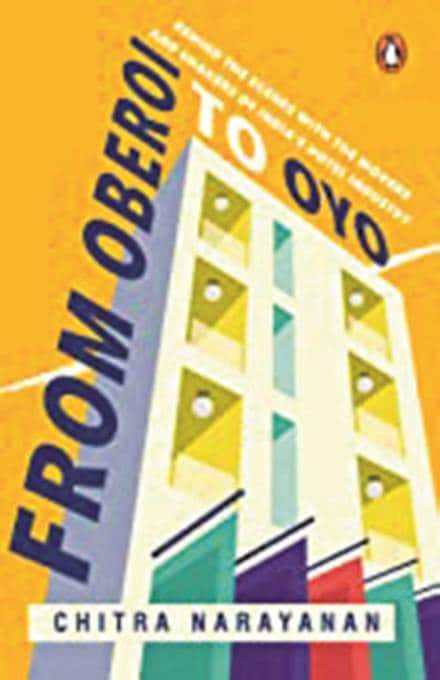Oyo Hotels & Homes said on Wednesday it has asked all employees in India to accept a 25% reduction in their fixed compensation for the period April-July. This includes one section of employees who will be sent on leave “with limited benefits”. The leave with benefits will be effective from May 4 and continue till August, according to internal documents reviewed by FE.
“All other benefits and terms of your contracts will remain unchanged. Also, note that this action will be planned in such a way that post the proposed pay cut, the fixed compensation for any employee is not less than Rs 5 lakh per annum. This ensures a large percentage of our colleagues at lower pay scales see no impact,” Rohit Kapoor, CEO, India and South Asia, told employees at a town hall on Wednesday.
The decisions come at a time when the hospitality sector is struggling amidst the Coronavirus pandemic. “They have certainly not been an easy decision for the leadership team to make. This crisis has made a deep impact on our business,” Kapoor said.
The employees sent on leave will receive an ex-gratia amount equal to a total of 60% of their fixed monthly salary and disbursed in two tranches in May and June. The employees will continue to receive benefits such as health insurance, parental insurance including a chance to renew it at negotiated rates in May and education allowance for those with children. Oyo said in case there is an “unforeseen medical emergency,” the firm will support its colleagues (sent on leave) beyond the insured amounts, if the need arises.
Earlier this month, Oyo had placed certain employees of the US and other select global markets on furloughs. Oyo’s consolidated losses increased to $335 million in the year to March 2019 from $52 million in FY18 as expansion into international markets, including key market China entailed heavy costs. The Gurgaon-based company remained in the red in India — net losses in the country although narrowed to 14% of revenue in FY19 from 24% of revenue in FY18.
Since the WeWork debacle, start-ups have come under heightened investor scrutiny and portfolio companies have been asked to chase profits rather than valuations, according to sector experts. Indian start-ups are heavily backed by Japanese and Chinese investors led by SoftBank and Alibaba respectively, apart from a clutch of other investors based out of countries like the US and South Africa.
